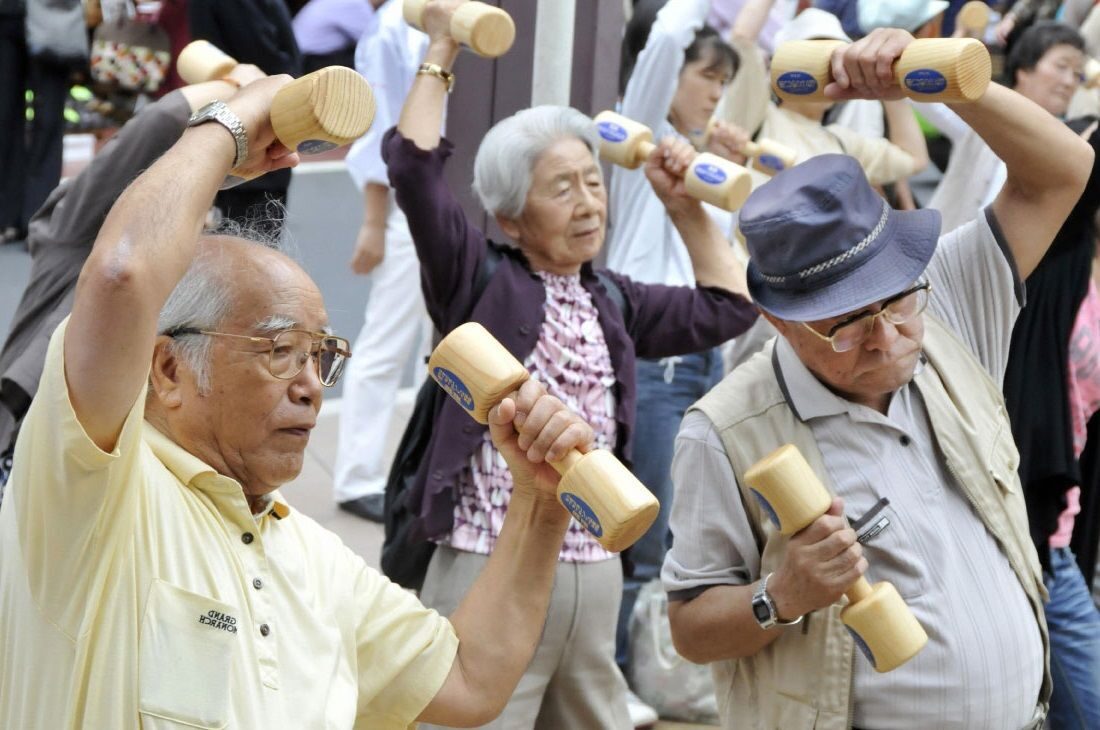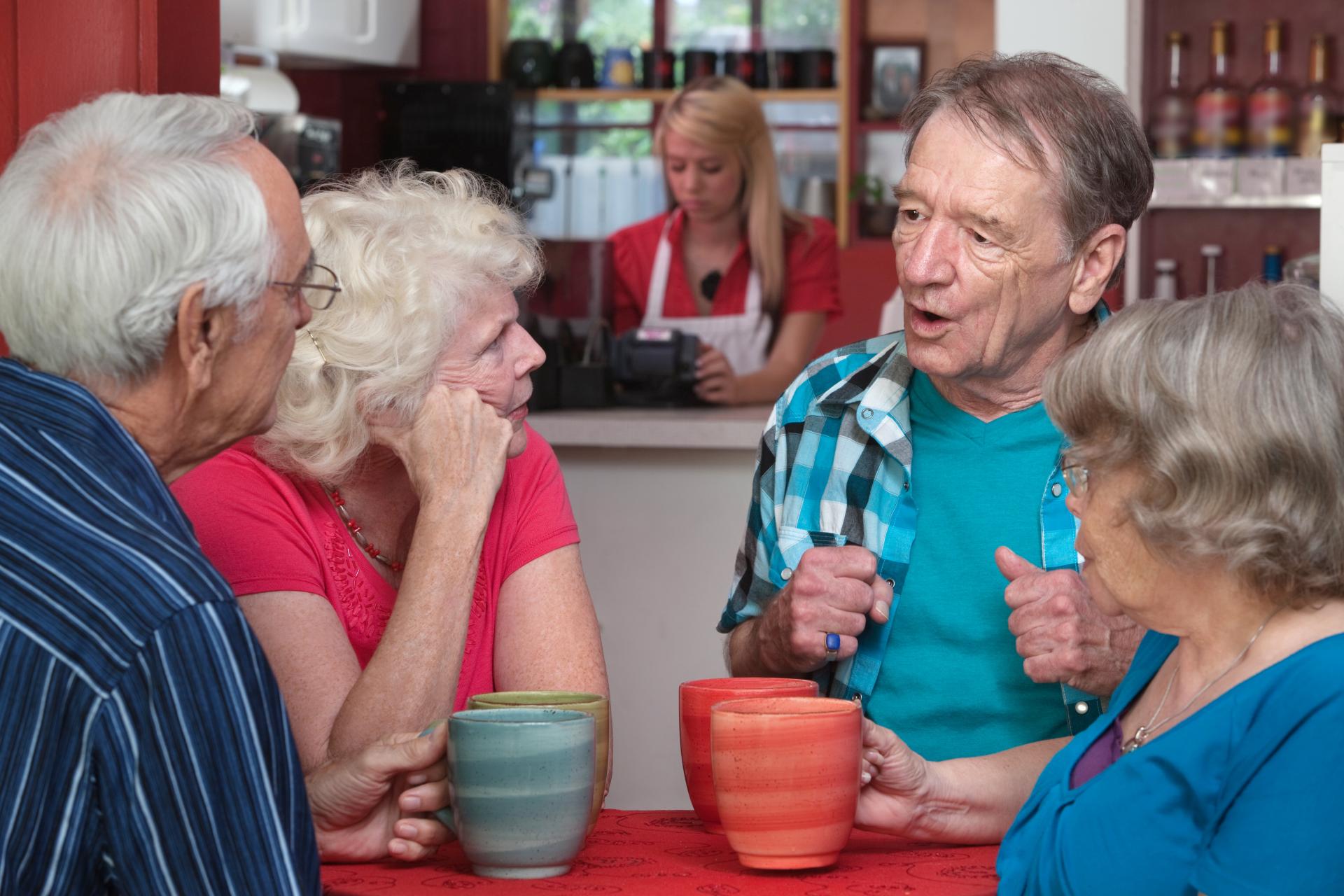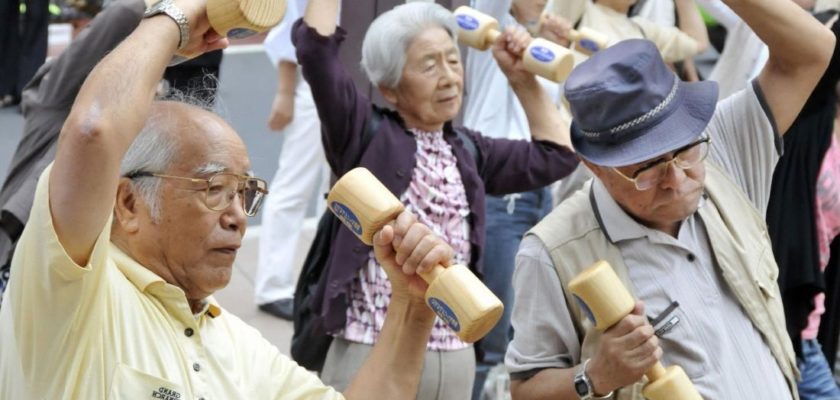Embrace the wisdom that comes with time as we explore 14 illuminating aging facts. Aging is a natural process that touches every aspect of our lives, from our bodies and minds to society as a whole. From the science behind wrinkles to the fascinating theories of longevity, this journey will shed light on the complex and intriguing world of growing older. So, whether you’re young or young at heart, let’s embark on a journey to better understand the age-old process of aging.
Learning a second language offers protection to the aging brain. Bilingual individuals engage in specific cognitive exercises and decision-making related to language, which has been found to have significant benefits and may delay age-related diseases like Alzheimer’s.
Age-related hearing loss, known as presbycusis, is a natural process where our ability to hear high-pitched frequencies diminishes as we grow older. Surprisingly, presbycusis can begin affecting individuals as young as 18 years old.

At birth, the human skeleton consists of approximately 270 bones, but many of these bones gradually fuse together as a person grows, resulting in an average adult skeleton containing around 206 bones.
Google also established Calico, a company dedicated to anti-Ageing research with the ultimate goal of advancing our understanding of aging and potentially finding ways to extend human life.

It’s worth noting that many individuals experience a shift in their sleeping patterns as they age. This can lead to a natural inclination to become morning people in their 60s, with a tendency to become sleepier earlier in the evening and wake up earlier in the morning.
Japan is often referred to as a “super-aged” nation due to the fact that more than 20% of its population is aged over 65.

The World Health Organization reports a rapid global aging trend, with the number of people aged 60 or older expected to increase from 900 million worldwide to 2 billion by the year 2050.
Interestingly, as we age, we tend to sweat less, particularly in our underarms. This phenomenon occurs as our eccrine (sweat) glands shrink and become less sensitive over time.

Cocaine usage has been associated with a substantial acceleration in the Ageing process of the brain, emphasizing the detrimental effects of this substance on cognitive health.
While there may be a decline in sexual desire with age, studies have shown that sexual satisfaction tends to increase, especially among women, as they age. So, love truly gets better with time!

The world record for the oldest known first-time mother belongs to Indian woman Rajo Devi Lohan, who gave birth to her first child at the age of 70 in 2008, following IVF treatment.
Engaging in computer usage alongside regular physical exercise can enhance cognitive abilities and serve as a safeguard against memory loss as individuals age.

Ageing isn’t all wrinkles and gray hairs; studies suggest that happiness levels soar as we get older.
A study conducted by the University of Michigan has found that older individuals often excel in reasoning skills when it comes to resolving social conflicts. They exhibit a greater capacity to comprehend conflicting viewpoints, generate sensible solutions, and propose compromises.

